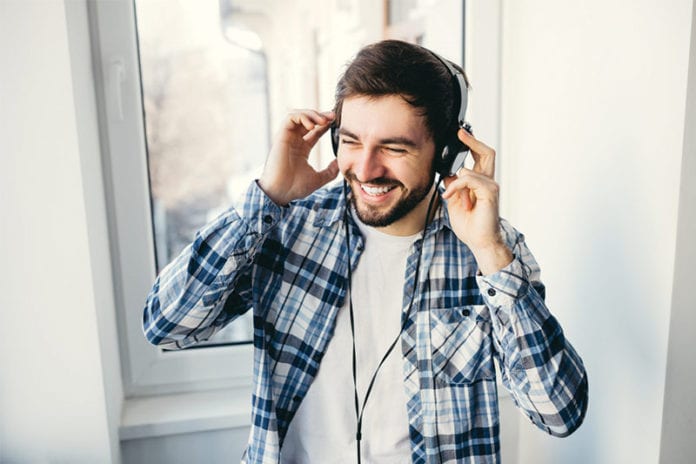Music is a true lifesaver. Once, after a really bad breakup, a friend convinced me to get up out of my misery and get on the good foot at a hip-hop concert. At times, life is so hard that there’s nothing left to do but dance. And it works! Granted that the physical activity associated with dancing helps my state of mind, but I’ve also found that music itself has amazing healing power. Sometimes, after an especially grueling day’s work, I find that listening on the way home to “A Hard Day’s Night,” an Adele track, or a friend’s mix on my iPod transports me, and suddenly my woes disappear.
Music was actually the first medicine. Anthropologists have found that humans over the millennia have pursued “harmony” by chanting, drumming, and rattling. Fastforward, and you’ll find that music therapy in healthcare is the subject of international conferences and scientific studies, including research conducted at the Louis Armstrong Center for Music and Medicine at New York’s Beth Israel Medical Center.
Music has also started to play a role in my unit. It’s been amazing to see how rhythmic music helps patients with Parkinson’s disease who are struggling to walk. In fact, music is now being prescribed not only for Parkinson’s patients, but also for patients with Alzheimer’s disease, strokes, and depression.
Not long ago, an elderly patient came in after a stroke. She’d been a nun since her early 20’s. As I got to know her better, it became clear that music—and specifically Gregorian chants—was central to her life, and living without it would have actually been harmful. So, I encouraged her passion for music, and she gradually sang her way back to health. She ultimately recovered and returned to the convent where she was surrounded once again by the Medieval church music she loved so much.
A couple of months ago, the leader of a local bluegrass band came in with a minor CVA. Shortly after he was admitted, the rest of his band arrived and started to jam. Ours isn’t a big unit, and the twang of banjos, fiddles, and mandolins filled the hallways. When I went down to the jam session to give my patient his meds, I found most of the other patients who were mobile sitting around the musicians, all enjoying the impromptu concert. It was a memorable day for all of us.
Our hospital hootenanny was all anybody talked about for weeks and made me wish that we could throw a concert every day. In the future, we might have roving mariachi bands or baroque concerts in hospitals, helping the recovery process for a wide range of procedures while delighting the patients, families, and the healthcare team. And further, maybe someday I’ll even get used to the heavy metal music I’ve overheard at times coming from the rooms of younger patients!
This article was republished with permission from SCRUBS Magazine.


